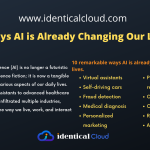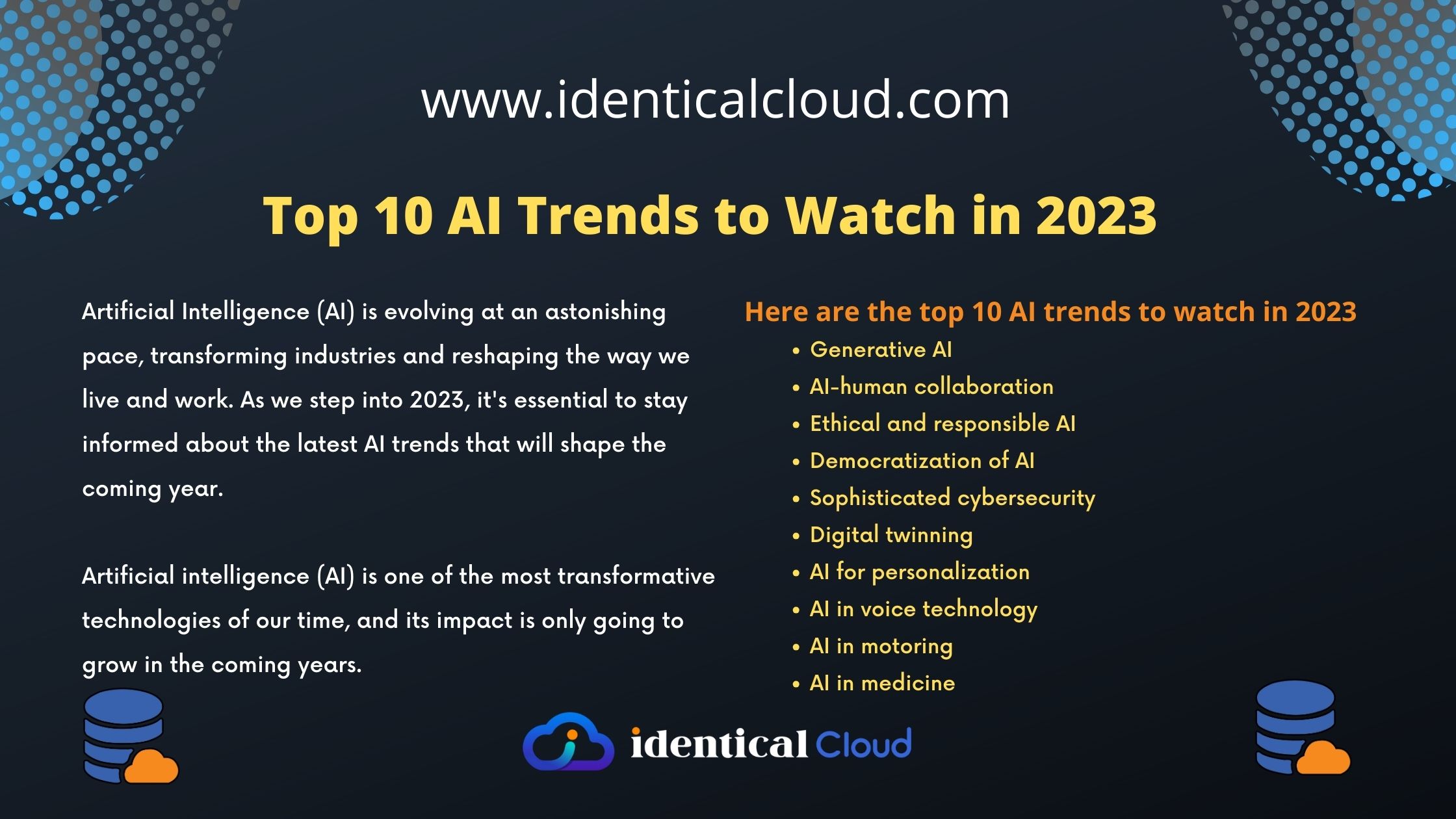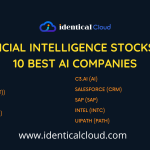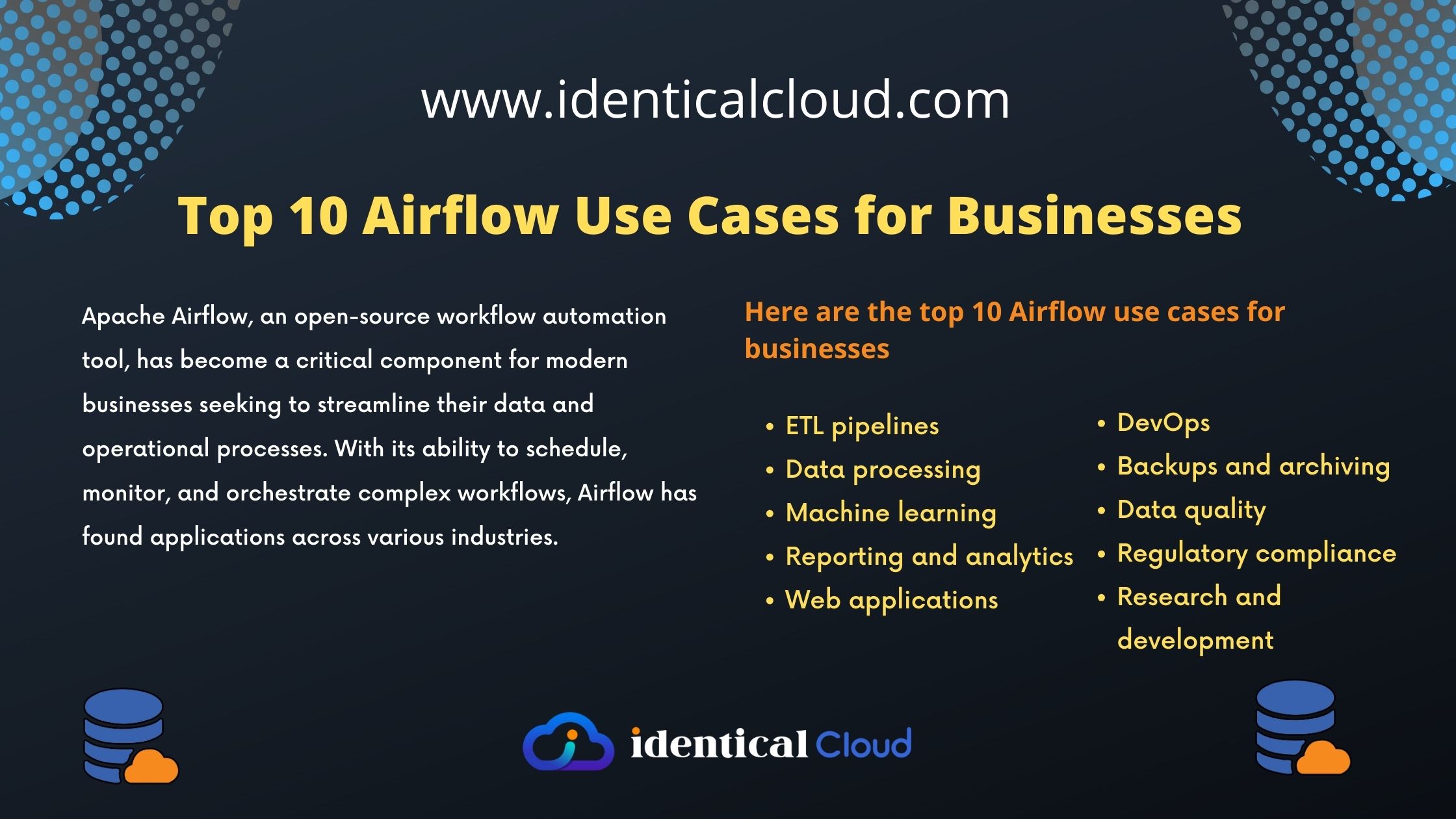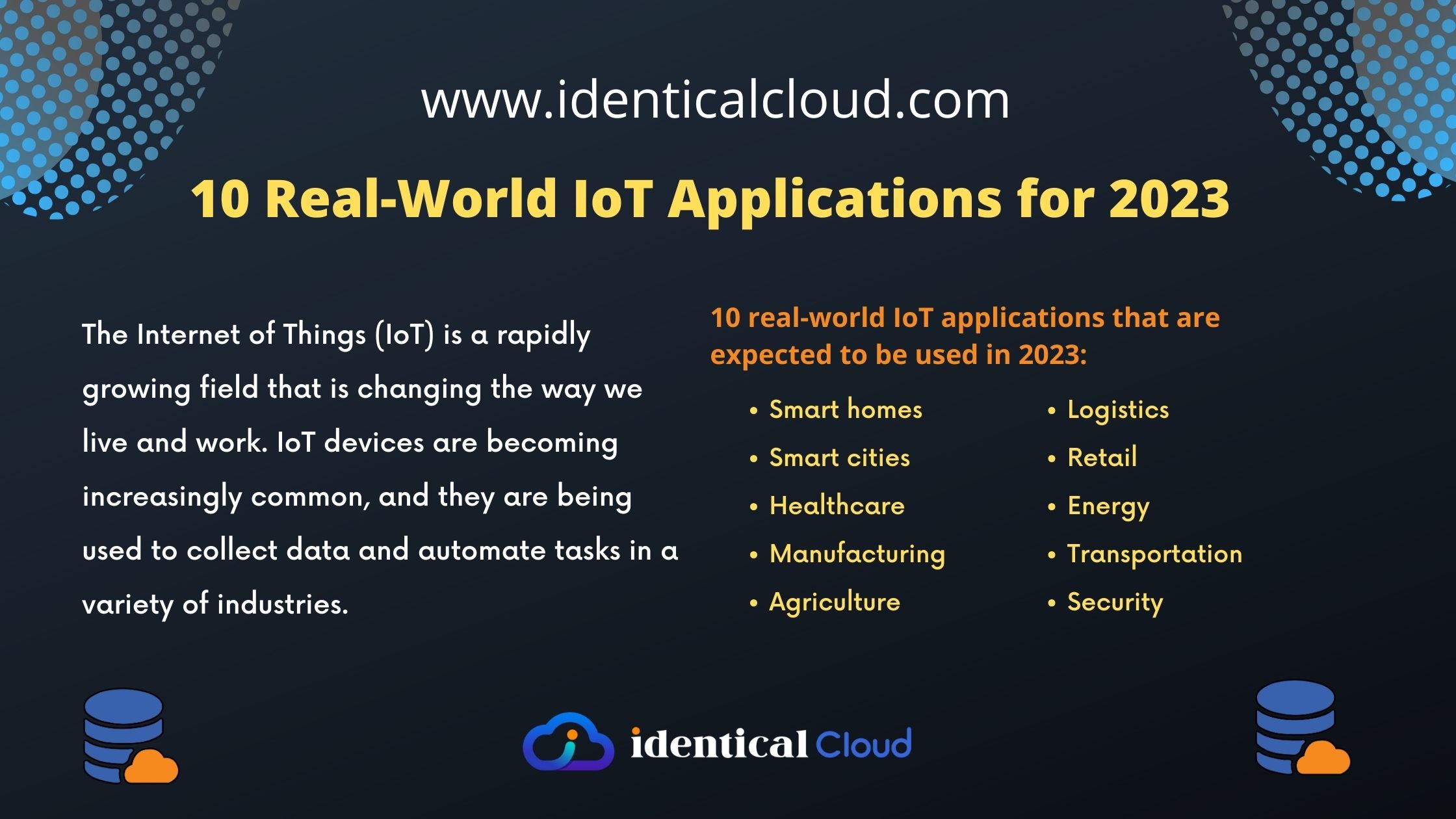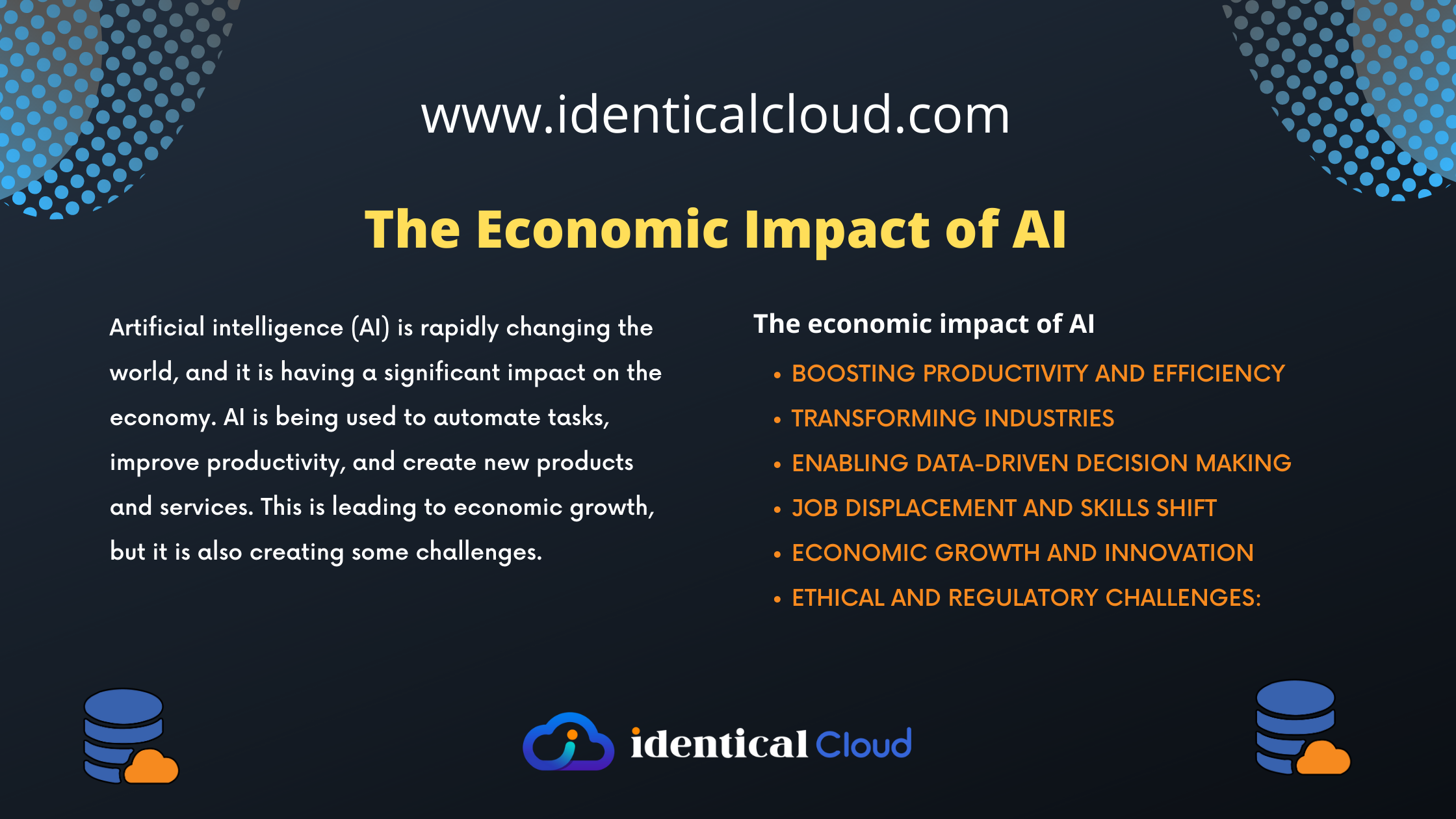
The Economic Impact of AI
The Economic Impact of AI
Artificial intelligence (AI) is rapidly changing the world, and it is having a significant impact on the economy. AI is being used to automate tasks, improve productivity, and create new products and services. This is leading to economic growth, but it is also creating some challenges.
Here, I will discuss the economic impact of AI. I will explore the potential benefits of AI for the economy, as well as the challenges that need to be addressed.
Potential Benefits of AI for the Economy
AI has the potential to bring about significant economic benefits. For example, AI can be used to automate tasks that are currently performed by humans. This can lead to increased productivity and lower costs. AI can also be used to improve the quality of products and services. For example, AI can be used to develop new medical treatments or to create more personalized educational experiences.
In addition, AI can be used to create new products and services. For example, AI is being used to develop self-driving cars and virtual assistants. These new products and services have the potential to create new jobs and generate economic growth.
Challenges of AI for the Economy
While AI has the potential to bring about significant economic benefits, there are also some challenges that need to be addressed. For example, AI could lead to job losses in some industries. As AI automates more tasks, it could displace workers who are currently employed in those tasks. This could lead to increased unemployment and social unrest.
Another challenge is that AI could lead to increased inequality. As AI becomes more powerful, it could be used to concentrate wealth in the hands of a few people. This could lead to a society where the rich get richer and the poor get poorer.
The economic impact of AI
Here, we will explore the economic impact of AI, examining its influence across sectors and discussing both the opportunities and challenges it presents.
- Boosting Productivity and Efficiency:
One of the key contributions of AI to the economy is its ability to enhance productivity and efficiency across different sectors. AI-powered automation streamlines processes, reduces costs, and increases output, enabling businesses to allocate resources more effectively. By automating repetitive tasks, AI frees up human talent to focus on higher-value activities, leading to improved productivity and innovation.
- Transforming Industries:
AI has the power to transform entire industries, disrupting traditional business models and creating new opportunities. In healthcare, for example, AI applications facilitate faster and more accurate diagnoses, enable personalized medicine, and enhance patient care. Similarly, in manufacturing, AI-powered robots and autonomous systems optimize production lines, leading to higher quality products and increased output. Industries such as finance, retail, transportation, and agriculture are also experiencing significant AI-driven transformations.
- Enabling Data-Driven Decision Making:
AI’s ability to analyze vast amounts of data in real-time provides businesses with valuable insights for decision making. With AI algorithms, companies can extract patterns, trends, and actionable information from large datasets, enabling them to make data-driven decisions that enhance efficiency, customer experience, and competitiveness. This data-driven approach leads to improved resource allocation, targeted marketing strategies, and optimized operations.
- Job Displacement and Skills Shift:
While AI brings immense economic benefits, it also raises concerns about job displacement and skills requirements. As automation replaces certain routine tasks, some job roles may become obsolete or undergo significant changes. However, it’s important to note that AI also creates new job opportunities, particularly in fields such as data science, AI research, and technology development. Moreover, AI-driven automation can augment human capabilities, leading to new roles that combine human expertise with AI assistance.
- Economic Growth and Innovation:
The economic impact of AI extends beyond immediate productivity gains. AI-driven innovations stimulate economic growth by fostering the development of new products, services, and business models. Startups and tech companies leverage AI to disrupt markets, while established businesses embrace AI to remain competitive. Furthermore, AI’s potential to address complex societal challenges, such as healthcare, climate change, and transportation, opens up avenues for economic growth through sustainable solutions.
- Ethical and Regulatory Challenges:
As AI continues to advance, ethical and regulatory challenges arise. Issues such as privacy, bias in algorithms, and AI’s societal impact demand careful consideration. Governments, organizations, and industry leaders are working to establish ethical frameworks, guidelines, and regulations to ensure the responsible and fair deployment of AI technologies. Balancing innovation and economic growth with ethical considerations is crucial for long-term sustainability and trust.
AI has the potential to bring about significant economic benefits, but it also poses some challenges. It is important to carefully consider these challenges so that we can ensure that AI is used for the benefit of all.
How to Prepare for the Economic Impact of AI
There are a number of things that can be done to prepare for the economic impact of AI. For individuals, it is important to upskill and reskill so that you can stay ahead of the curve in the job market. For businesses, it is important to invest in AI and to develop strategies for using AI to improve productivity and efficiency. For governments, it is important to develop policies that will help to ensure that AI is used for the benefit of all.
I hope this blog post has given you a better understanding of the economic impact of AI. I believe that AI has the potential to make the world a better place, but it is important to be aware of the challenges that need to be addressed.

